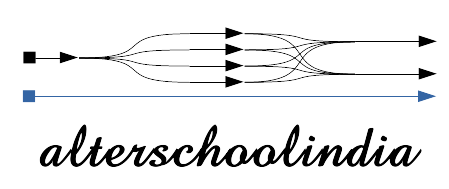The Socratic method is a different style of learning than a lecture. This approach involves a conversation in which a student is asked to question their assumptions. It is a forum for open-ended inquiry, one in which both, the learner and teacher can use probing questions to develop a deeper understanding of the topic.
Although it's unknown who first used this approach in history, the method is named for Socrates, an ancient Greek philosopher who was known for these types of conversations. Think of the Socratic method as mainly back and forth between a teacher, like Socrates, and a student. These types of conversations do not necessarily find all of the answers, but they raise new questions for consideration. The Socratic method has sometimes been portrayed in movies or by particular teachers as an intimidating experience, where a teacher tries to put down the student's knowledge. However, the modern application of the method is mainly about gaining deeper understanding of a topic and not about condemning a student. The goal is greater knowledge, not just winning an argument or showing yourself to be superior.
If you imagine yourself back in that classroom listening to the lecture, you're focused on taking in what the teacher tells you is the truth. On the other hand, when you engage with a teacher using the Socratic method, you use your critical thinking skills to question their stance and your own stance, to consider many different ways of looking at a topic.
Something very important to be remembered when there is a critical discussion being made is that the motive is to gain clarity on the claims being made and not imposition of rightness. ‘Discussion’ is not just about you proving your point, but also you analysing and accepting/rejecting the opposition’s points. Take care that none of the arguing parties become angry or frustrated. In that case, it could be best to end the conversation.
Feel free to spend 3-4 hours on the two examples on this page.
Note: We do not advocate the use of Socratic Method in [all] classrooms. It is not without its demerits.
Reference: Modern Socratic Method Example - A Socratic Dialogue - Socratic Method


 Got any questions?
Got any questions?